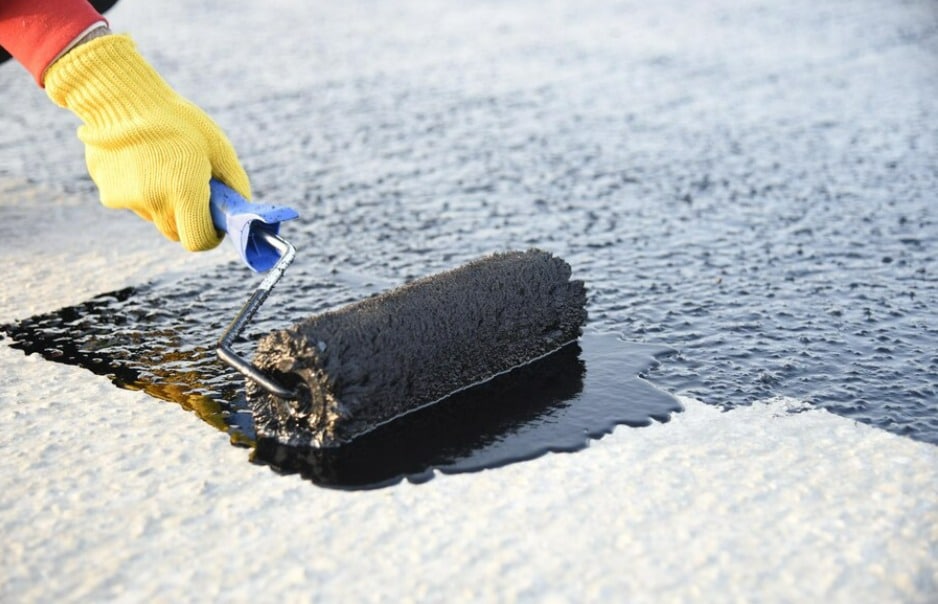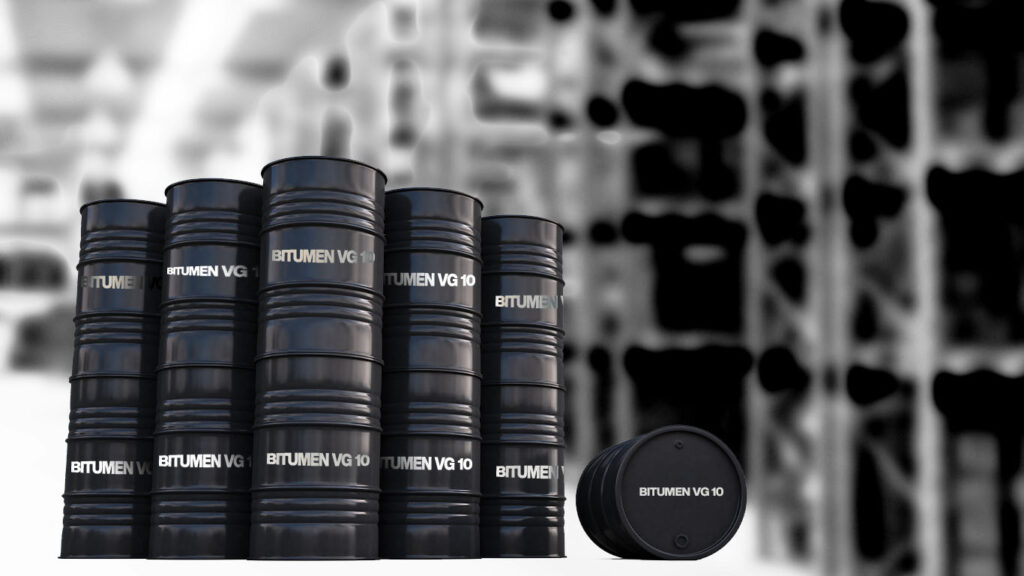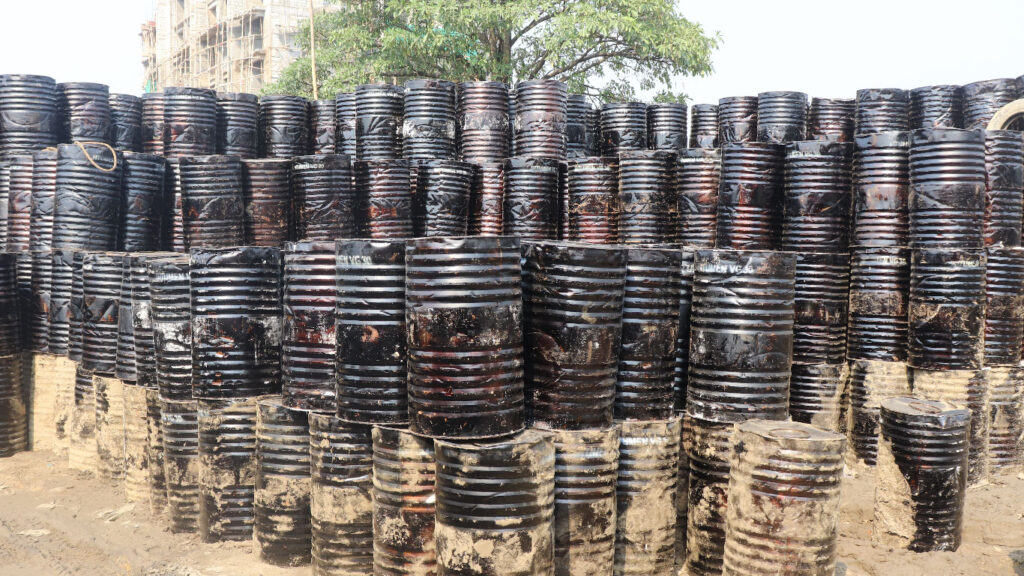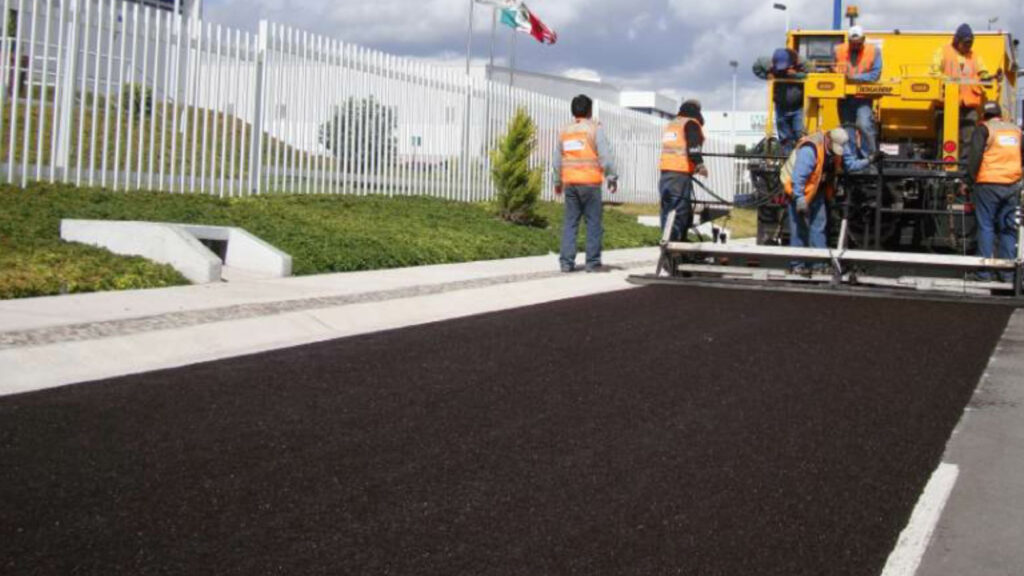If you’re looking to understand the specific gravity test for bitumen, you’ve come to the right place.
In this comprehensive guide, we’ll walk you through the importance of specific gravity in bitumen testing and explain the procedure in detail.
You’ll also learn about the factors that can affect the specific gravity of bitumen and how to interpret the test results.
With our best practices, you’ll be equipped to conduct accurate specific gravity tests for bitumen.
Key Takeaways
- Specific gravity is crucial for assessing bitumen quality and performance.
- Specific gravity influences durability and resistance to wear and tear.
- Specific gravity values help assess bitumen quality and suitability.
- Following best practices ensures reliable specific gravity tests.
The Importance of Specific Gravity in Bitumen Testing
Understanding the importance of specific gravity in bitumen testing is crucial for accurately assessing its quality and performance. Specific gravity is a fundamental property that plays a significant role in asphalt production and pavement design.
In asphalt production, the specific gravity of bitumen helps determine the proper mix proportions and ensure the desired performance characteristics. It provides valuable information about the density and compactness of the asphalt mixture, which directly impacts its durability and resistance to wear and tear.
Additionally, specific gravity is vital in pavement design as it influences the stability and load-bearing capacity of the road surface. By measuring the specific gravity of bitumen, engineers can make informed decisions about the type and thickness of asphalt layers required for a specific project, resulting in safer and longer-lasting roads.
Understanding the Specific Gravity Test Procedure
Once you have grasped the importance of specific gravity in bitumen testing, it’s time to delve into the specific gravity test procedure.
The specific gravity of bitumen is determined using a specific gravity test equipment known as a pycnometer. The test involves weighing the empty pycnometer and then filling it with a known volume of bitumen.
The filled pycnometer is then weighed again to obtain the weight of the bitumen. By dividing the weight of the bitumen by the weight of an equal volume of water, the specific gravity of the bitumen can be calculated.
It’s important to note that the specific gravity test has limitations. It doesn’t provide information about the chemical composition or the performance characteristics of the bitumen. Additionally, the test may be influenced by factors such as temperature, air bubbles, and contamination.
Therefore, it should be used in conjunction with other tests to obtain a comprehensive understanding of the bitumen’s properties.
Factors Affecting Specific Gravity of Bitumen
To gain a comprehensive understanding of the specific gravity of bitumen, you should be aware of the factors that can affect it.
Two key factors that influence the specific gravity of bitumen are the effects of temperature and the composition of the bitumen itself.
Temperature plays a significant role in determining the specific gravity of bitumen. As temperature increases, the specific gravity of bitumen decreases. This is due to the fact that bitumen becomes less dense and more fluid at higher temperatures. Conversely, at lower temperatures, bitumen becomes more dense and its specific gravity increases.
The composition of bitumen also affects its specific gravity. Bitumen is a complex mixture of hydrocarbons, and the specific gravity can vary depending on the types and amounts of these hydrocarbons present. Generally, bitumen with a higher asphaltene content tends to have a higher specific gravity, while bitumen with a higher aromatic content tends to have a lower specific gravity.
Interpreting Specific Gravity Test Results
When interpreting specific gravity test results for bitumen, you can use the obtained values to assess the quality and suitability of the bitumen for various applications. The specific gravity of bitumen can provide valuable information about its consistency, durability, and ability to withstand different environmental conditions. However, it is important to be aware of common errors that can occur during the test and follow troubleshooting tips to ensure accurate results.
| Common Errors | Troubleshooting Tips |
| Contamination of sample | Ensure the sample is free from any impurities or foreign substances. |
| Air bubbles in the sample | Allow the sample to settle before taking the measurement. |
| Inaccurate temperature measurement | Use a reliable and accurate thermometer to measure the temperature of the sample. |
Best Practices for Conducting Specific Gravity Tests for Bitumen
Follow these three best practices to ensure accurate and reliable results when conducting specific gravity tests for bitumen:
- Calibrate your equipment: Before conducting any specific gravity measurement, it’s crucial to calibrate your specific gravity equipment. This ensures that your results are precise and consistent, reducing any potential errors.
- Use the correct sample size: The size of the sample used for specific gravity tests can significantly impact the accuracy of the results. It’s important to use the recommended sample size specified by the specific gravity equipment manufacturer or the testing standard.
- Handle the sample with care: Bitumen samples can be sensitive to temperature and handling, which can affect the specific gravity measurement. To ensure accurate results, handle the sample with care, protect it from temperature fluctuations, and avoid any contamination during the testing process.
Frequently Asked Questions
What Are the Different Methods Used to Determine the Specific Gravity of Bitumen?
To determine the specific gravity of bitumen, you can use various methods. These methods include the use of density bottles, pycnometers, and the ASTM D70 method. Each method has its own advantages and considerations.
Can the Specific Gravity of Bitumen Be Affected by Its Temperature During Testing?
Yes, the specific gravity of bitumen can be affected by its temperature during testing. This can lead to inaccuracies in the results of specific gravity testing, highlighting the importance of controlling and accounting for temperature variations in the testing process.
What Are the Possible Sources of Error in Specific Gravity Testing for Bitumen?
Possible sources of error in specific gravity testing for bitumen include inadequate equipment calibration and sample contamination. Ensure proper calibration of equipment and prevent contamination to obtain accurate results in the test.
How Does the Specific Gravity of Bitumen Relate to Its Performance Characteristics in Pavements?
The specific gravity of bitumen is a crucial factor in determining its performance characteristics in pavements. It directly affects the durability of the material, as well as its resistance to rutting, making it an essential parameter in pavement design and construction.
Are There Any Alternative Tests or Parameters That Can Be Used in Conjunction With Specific Gravity Testing to Assess the Quality of Bitumen?
There are alternative tests and parameters to assess bitumen quality. These include tests for viscosity, penetration, ductility, and softening point. These tests provide valuable information about the performance characteristics of bitumen in pavements.
Conclusion
In conclusion, the specific gravity test is a crucial step in bitumen testing as it provides valuable information about the density and quality of the material. By understanding the test procedure and considering the factors that can affect specific gravity, accurate results can be obtained.
Interpreting these results correctly is essential for making informed decisions regarding the use and application of bitumen. Following best practices during the testing process ensures reliable and consistent outcomes, contributing to the overall success of bitumen projects.





